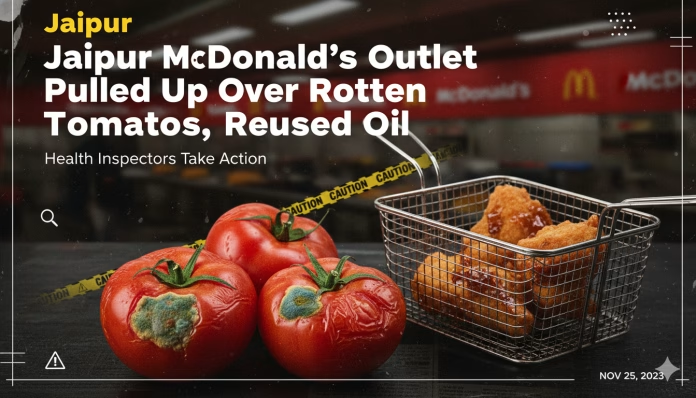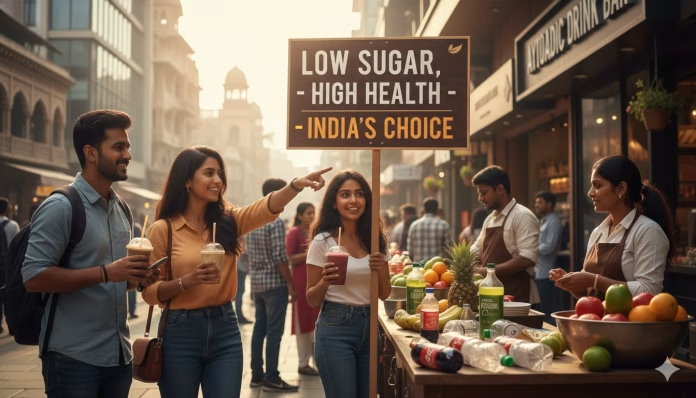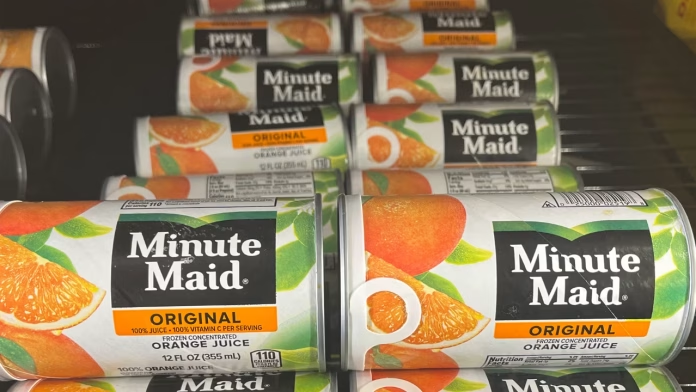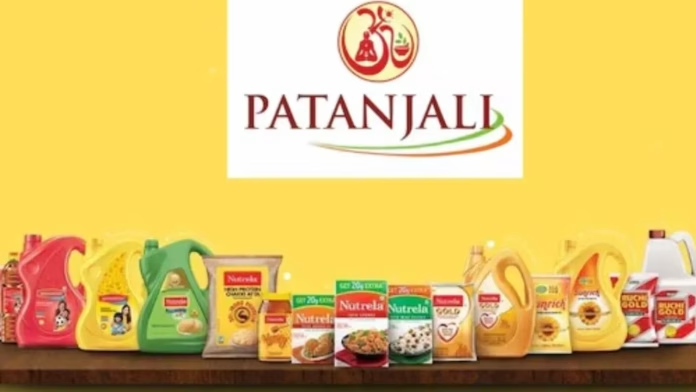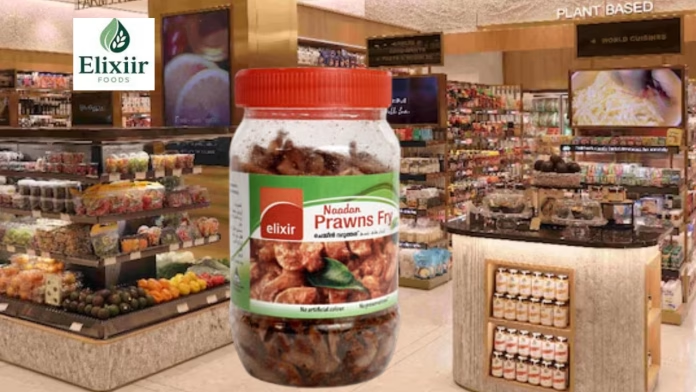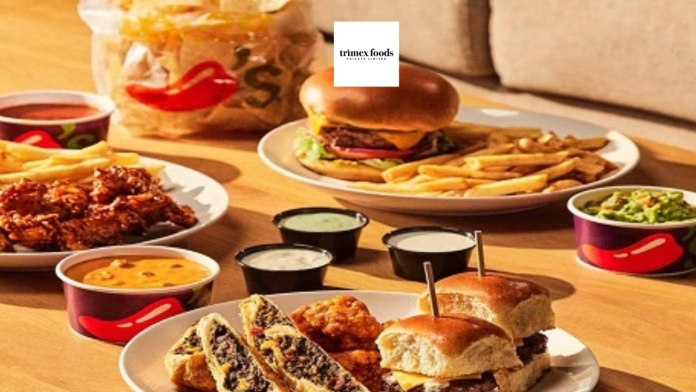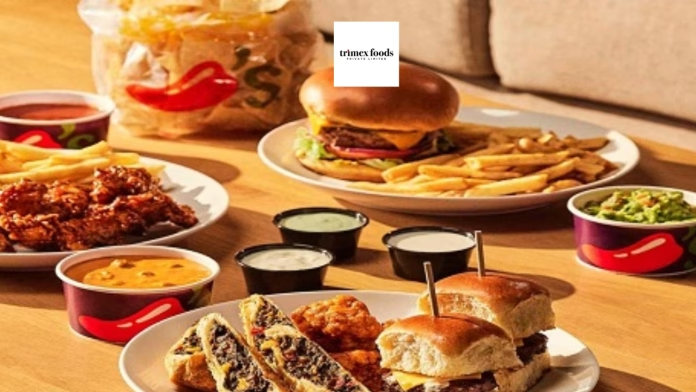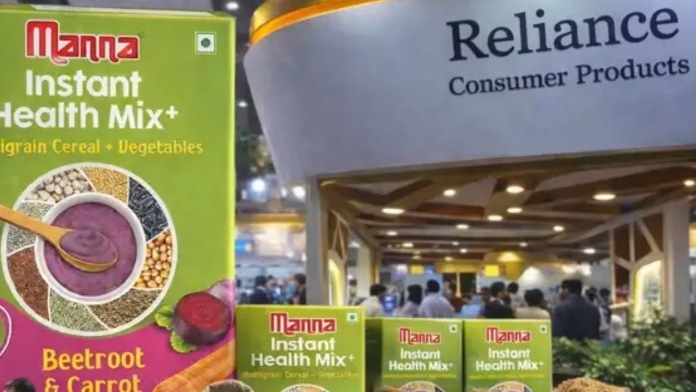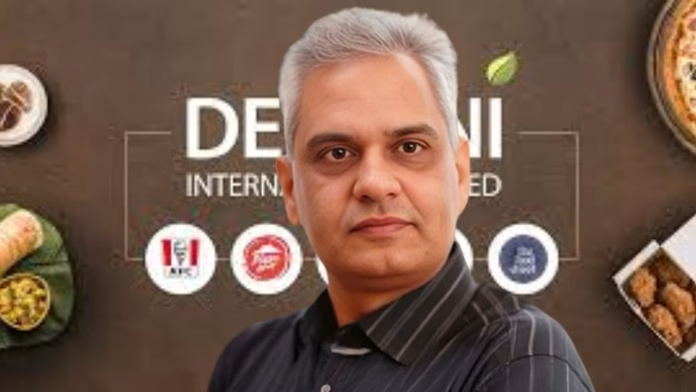Food safety authorities in Jaipur have issued a formal warning to a local outlet of McDonald’s after an inspection revealed the use of cooking oil deemed unfit for consumption and the presence of rotten tomatoes in storage.
The inspection was carried out earlier this week in Jaipur, Rajasthan. According to government food safety officer Sushil Chotwani, officials found approximately 40 litres of cooking oil that had been repeatedly used and classified as unsuitable for consumption under food safety norms. Samples of the oil were collected and sent for further testing.
Inspectors also found spoiled tomatoes stored at the outlet, raising additional compliance concerns. The violations prompted authorities to issue a warning notice to the restaurant.
The outlet has been given 14 days to rectify its practices, failing which stricter regulatory action may follow. Officials have also indicated that additional inspections of other McDonald’s outlets in Jaipur will be conducted as part of a broader review.
In response, Connaught Plaza Restaurants, the franchisee operating McDonald’s outlets in North and East India, said it is cooperating with authorities and adheres to the brand’s global quality and food safety standards. The parent company did not immediately respond to queries.
While food adulteration and safety violations are periodically reported across India, lapses involving large multinational restaurant chains remain relatively uncommon. The development has once again brought food safety standards at high-profile outlets into focus.
McDonald’s operates hundreds of outlets across India and remains one of the country’s most recognised quick-service restaurant brands.

